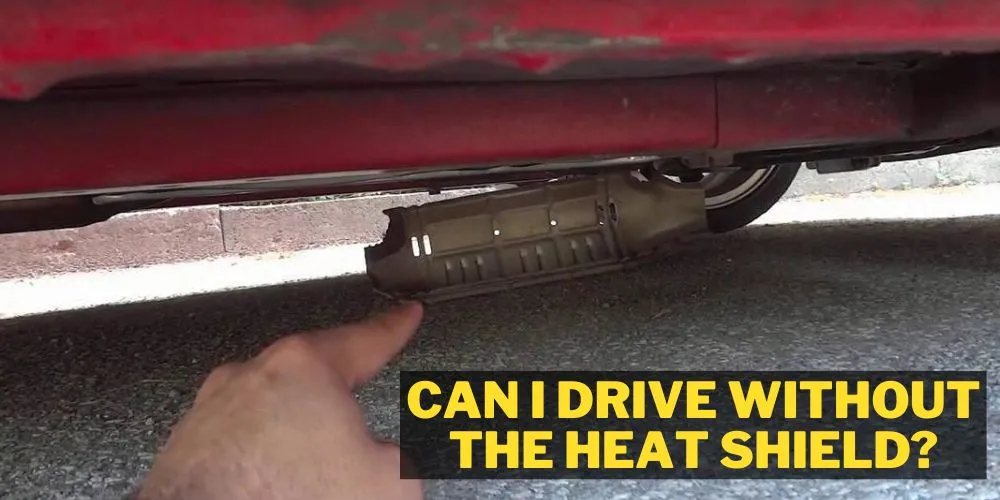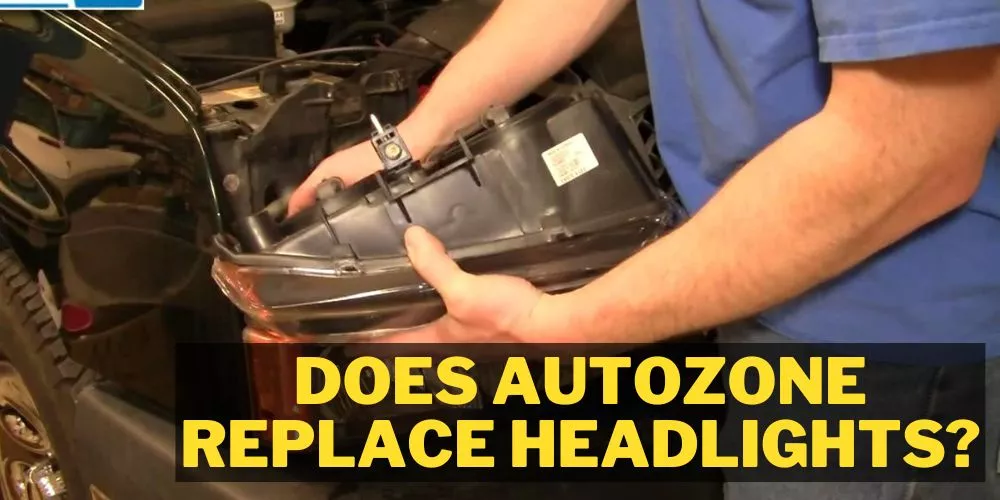Have you ever experienced that heart-stopping moment when your car suddenly jolts forward as you try to stop at a red light?
This disturbing phenomenon is known as car jerking when braking, and it’s a common issue that can pose serious safety risks for drivers. This problem can cause you to lose control of your vehicle and increase your risk of being involved in an accident.

Car jerking when braking can affect drivers of all kinds of cars, but it’s particularly common in older models or vehicles with worn brake pads. In this article, we’ll explore some of the most common causes of car jerking when braking and offer tips on diagnosing and fixing the problem.
Contents
9 reasons For Car jerking when braking
Warped Rotors: A Common Culprit
One of the most common reasons for car jerking when braking is warped rotors. Rotors are the metal discs that your brake pads clamp onto when you apply the brakes, and if they become warped or uneven, it can cause your car to jerk or vibrate when braking.
This issue can arise from excessive heat, rust, or general wear and tear. To fix this problem, you may need to have your rotors resurfaced or replaced by a professional mechanic.
ABS Actuation: A Sensitive System
Another possible cause of car jerking when braking is the actuation of your vehicle’s Anti-lock Braking System (ABS). The ABS is designed to prevent your wheels from locking up during hard braking, allowing you to maintain steering control.
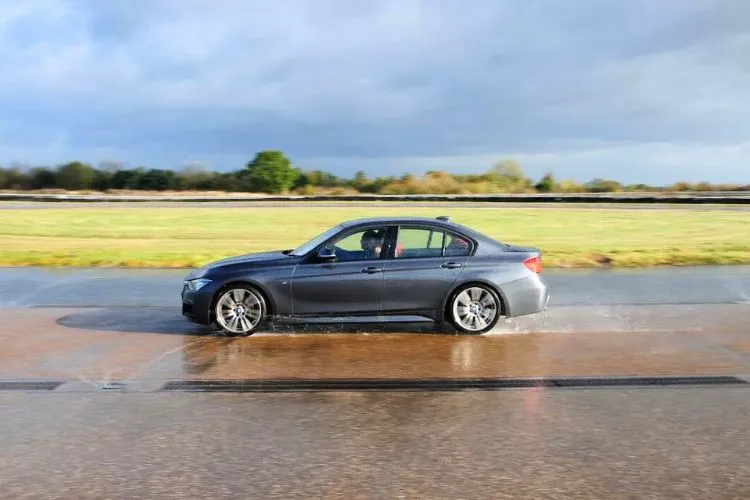
However, if the ABS is overly sensitive or malfunctioning, it can cause your brakes to engage and disengage rapidly, leading to a jerking sensation. You may need to have your ABS system inspected and serviced by a qualified technician to resolve this issue.
Compromised Brake Booster: Losing Power Assist
A compromised brake booster can also be responsible for car jerking when braking. The brake booster is a vital component that uses vacuum pressure to amplify the force you apply to the brake pedal, making it easier to stop your vehicle.
If the brake booster is damaged or malfunctioning, it can cause a loss of power assist, resulting in a jerky or unresponsive braking experience. In this case, you’ll need to have your brake booster inspected and potentially replaced by an experienced mechanic.
Addressing these common issues can help ensure a smooth and safe braking experience for you and your passengers. Consult a professional mechanic if you’re unsure about diagnosing or fixing your car’s braking problems.
Seized Brake Caliper: Stuck in Place
A seized brake caliper can be another reason for a car jerking when braking. The brake caliper is responsible for applying pressure to the brake pads, which clamp onto the rotors to slow your vehicle.
If the caliper becomes seized, it may not release the brake pads properly, causing your car to jerk or pull to one side when braking. To fix this issue, you may need to have your brake caliper serviced or replaced by a professional mechanic.
Worn Brake Pads: Time for a Replacement
Worn brake pads can also contribute to car jerking when braking. Over time, brake pads wear down and become less effective at gripping the rotors, which can cause a jerky or inconsistent braking experience.
Additionally, worn brake pads can cause damage to other brake components, such as rotors and calipers. To prevent this issue, it’s essential to have your brake pads inspected and replaced regularly, following your vehicle manufacturer’s recommendations.
Low Brake Fluid: Check Your Levels
Low brake fluid is another potential cause of car jerking when braking. Brake fluid is necessary for properly functioning your vehicle’s hydraulic braking system.
If your brake fluid level is low, it can lead to a spongy or unresponsive brake pedal, which may cause your car to jerk when braking. To remedy this issue, check your brake fluid level and top it off if necessary. If you frequently need to add brake fluid, you may have a leak in the system that requires professional attention.
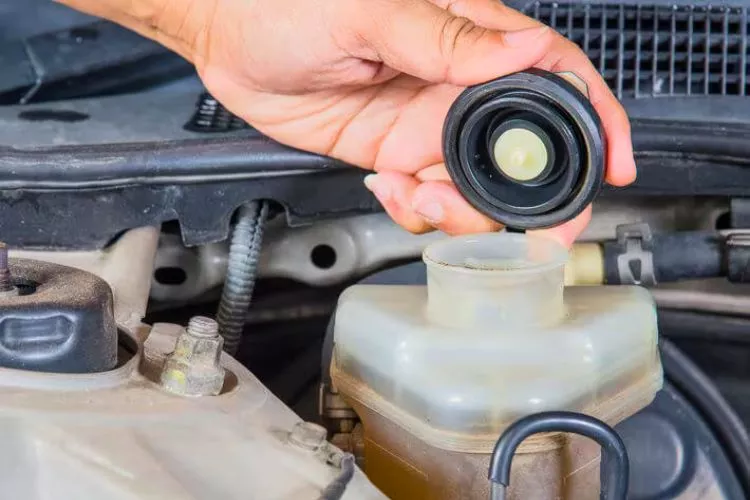
Air in the Brake Lines: Bleed to Succeed
Air in the brake lines can also cause the car to jerk when braking. The presence of air bubbles in the hydraulic brake system can lead to a spongy or inconsistent brake pedal feel, resulting in jerking when applying the brakes.
To resolve this issue, you’ll need to have your brake lines bled by a qualified mechanic to remove any trapped air and restore proper brake function.
Faulty Anti-Lock Brake Wiring: Electrical Issues
Faulty wiring in your vehicle’s Anti-lock Braking System (ABS) can be another reason for car jerking when braking. Damaged or corroded wiring can cause intermittent ABS activation, leading to rapid brake engagement and disengagement, manifesting as a jerking sensation.
In this case, you’ll need to have your ABS wiring inspected and repaired by a professional mechanic to ensure a smooth and safe braking experience.
Dirt and Debris: Keep It Clean
Lastly, accumulating dirt and debris in your vehicle’s braking system can contribute to car jerking when braking. Over time, dust, rust, and other contaminants can build up on your brake pads, rotors, and other components, affecting their performance and causing a jerky braking experience.
To prevent this issue, keeping your braking system clean and well-maintained is essential. Regularly inspect your brake components for signs of excessive wear or contamination, and consider having your brakes professionally serviced if you notice any issues.
Car jerks when releasing the brake
Car jerking when releasing the brake is a common problem caused by various issues. The most common cause is a worn or defective part in the braking system, such as the brake pads, rotors, or calipers.
Other possible causes include low brake fluid, air in the brake lines, brakes that are not properly adjusted, and misaligned wheels.
In some cases, the issue may also be related to your driving style, such as downshifting from a high gear to a lower gear without reducing your speed.
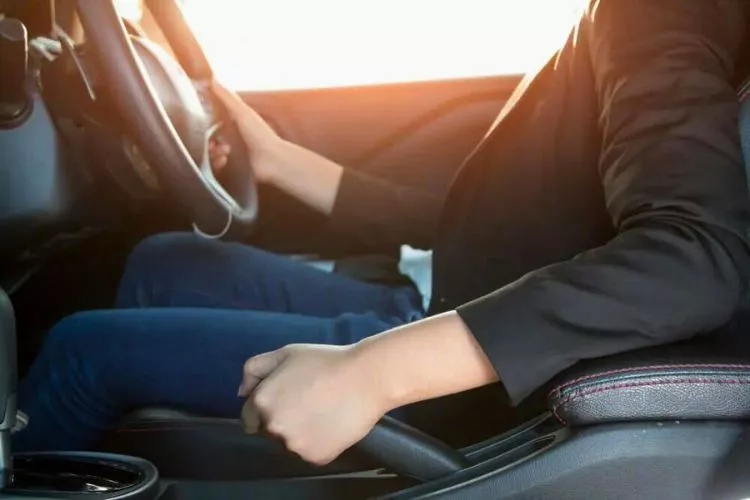
To address this issue, inspect your braking system’s components (pads, rotors, calipers, and hoses) for any signs of wear or damage. If you find any problems, consult a mechanic for further diagnosis and repair.
Additionally, practice controlled downshifts and ensure your wheels are properly aligned to prevent the car from jerking when the brake is released.
Steering wheel jerks when braking
When braking, Steering wheel jerking can be caused by various issues, including worn or warped front brake rotors, rust on the rotor surface, and worn brake pads.
Dry, corroded, or defective brake caliper mounting hardware, such as caliper guide pins, can also lead to this problem, as they may prevent the caliper from sliding smoothly and applying even pressure on the brake pads.
To address this issue, it’s essential to inspect your braking systems components, such as rotors, brake pads, and caliper guide pins, for signs of wear, corrosion, or damage.
If you find any issues, consult a mechanic for further diagnosis and repair. Regular maintenance, including a tire rotation, wheel alignment, and brake pad and rotor replacement, can help prevent the steering wheel from jerking when braking.
Should I drive with brakes that are jerking or acting weird?
Driving with brakes that are jerking or acting weird is not advisable, as it may indicate a problem with your braking system. Faulty brakes can lead to accidents, and it is essential to address any issues as soon as possible.
It is best to consult a professional mechanic to diagnose and fix the problem before continuing to drive the vehicle.
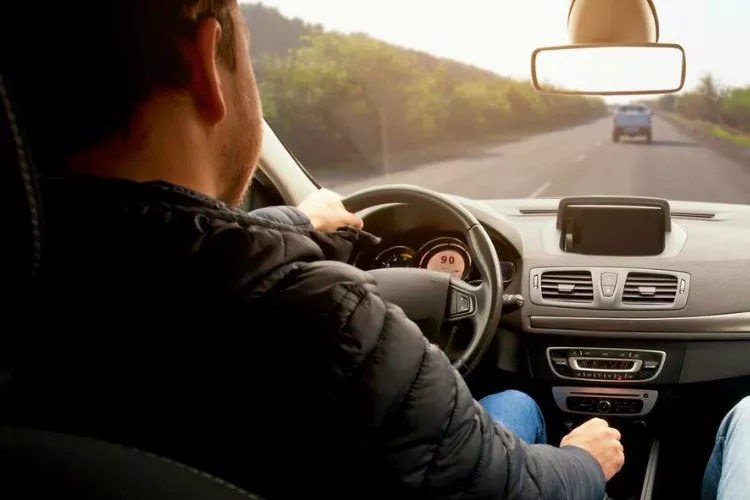
Conclusion:
Car jerking when braking is a common issue that should not be overlooked, as it can compromise the safety and performance of your vehicle.
This problem can stem from various causes, including worn or damaged brake components, low brake fluid, the air in the brake lines, faulty ABS wiring, and accumulated dirt and debris in the braking system.
To ensure a smooth and safe driving experience, it is essential to address these issues promptly and maintain your vehicle’s braking system regularly.
If you experience any difficulties in diagnosing or fixing your car’s braking problems, don’t hesitate to consult a professional mechanic for expert advice and assistance.
By taking a proactive approach to brake maintenance and repair, you can minimize car jerking and enjoy a more comfortable and secure ride on the road.

